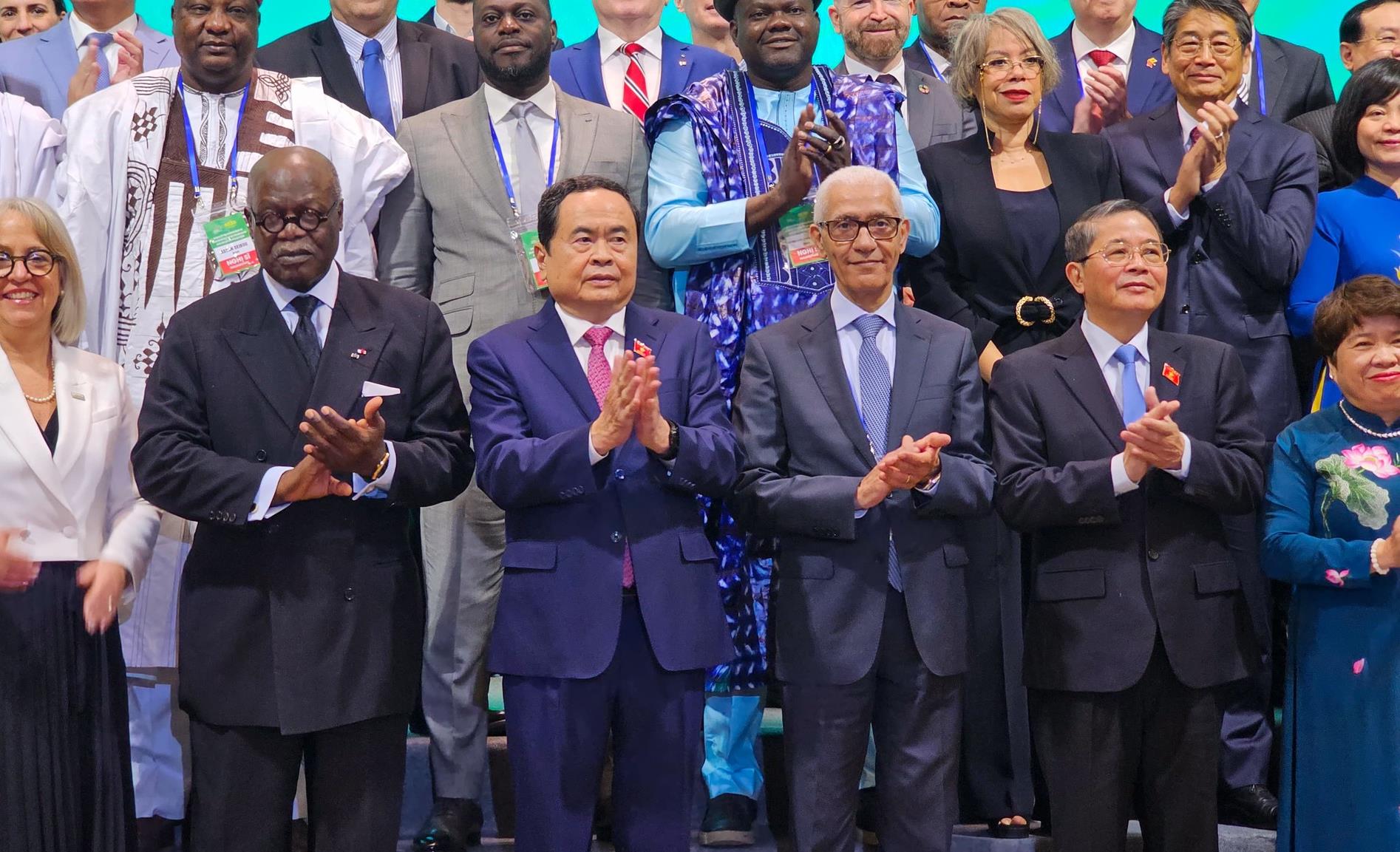Courtesy of Solomon Turner PR
- Todd Fox founded Close Protection Corps and provides protective services, assessments, and training.
- The Marine veteran started the business in the 1990s doing ad hoc bodyguard trips to Mexico.
- Fox shares what it takes to protect C-suite execs and reflects on the UnitedHealthcare shooting.
This as-told-to essay is based on a conversation with Todd Fox, the 50-year-old CEO of Close Protection Corps about his work as a bodyguard for high-profile clients. He has no affiliation or direct involvement with UnitedHealthcare's security operation. The following has been edited for length and clarity.
In the late '90s, I came out of active duty in the Marine Corps to start my own private security business, Close Protection Corps, specializing in working with celebrities, dignitaries, and C-suite executives.
I did the bulk of my "on-ground" close protection of C-suite individuals from 1999 up until the COVID-19 pandemic while also managing my company. Now, I primarily spend my time consulting and training.
I've followed the news about the UnitedHealthcare CEO shooting. Since the event, representatives from corporations have contacted us to assess their security programs. It's been a wake-up call for companies.
I started my own company after doing stints as a bodyguard
I joined the Marine Corps in 1992. I was based in California and trained in combat, riflery, and fitness, as well as general orders relative to security, like learning to protect a convoy or individual and plan for advanced military operations.
While a Marine, I was also a professional MMA fighter in LA. I would meet actors, producers, and directors in the gym or while working on sets as an advisor.
These people in the industry knew about my fighting skills, military background and that I could speak Spanish. They would sometimes ask me to work as their bodyguard and accompany them to Mexico on their vacations or work trips.
In 1999, Guy Ritchie was training at my gym in LA. He was dating Madonna at the time and asked if I'd join her security team so he could keep training with me while she was on tour. It was around this time that I started my company, Close Protection Corps. We provide protective services, assessments, and training.
Protecting a C-suite executive looks different from protecting a celebrity
When I start working with a close protection client, I initially collected information about the principal, or client: what is important to them, what sways them to make decisions, and what might make them vulnerable.
I then built a plan or structure of protection. It would cover their home, office, and vehicles, especially considering spaces that are exposed — such as the walk from the car to the office. I'd think about where their weaknesses were and try to "harden the target" by limiting exposure to risks.
On the job, I would be constantly aware of what is not normal compared to what is normal.
If I noticed something out of the ordinary — an anomaly — I'd evaluate whether it was benign or critical. If it was critical, then I'd make a choice. Maybe we'd change or modify our initial plan or behavior, cancel operations, or evacuate.
I'd wake up before the principal and meet them at the start of their day with a driver. In most cases, there'd be a second man, the advance guy, who'd go before us to check the environment we were heading into. I'd spend the rest of my day going wherever the principal went.
When the principal went to bed, I'd plan for the next day. I typically only got between four and six hours of sleep and worked 16 to 18 hours each day. It was very busy, and you see a lot of burnout.
C-suite individuals are extremely wealthy and will ultimately do what they want to do. They may not stick to the plan I set, so I'd put measures in place if things didn't go as planned.
When I was protecting a C-suite individual, my life became their life. I saw what they saw and heard what they heard. It's why NDAs and discretion are so important with bodyguards — we have access to things we shouldn't have access to, but there's no way around it.
C-suite individuals tend to be on the go, on private jets, in hotels and restaurants, and at speaking engagements. There's a lot of movement, and we move with them.
Protecting a celebrity requires even more fluidity. They don't have the same structured world that a business leader does and change plans on a whim. It can be challenging to create order. As a broad stroke, it's easier to find the baseline and anomalies for C-suite executives than it is for celebrities.
The UnitedHealthcare CEO shooting should be a wake-up call
When Brian Thompson arrived at that building, which was an expected plan, there appeared to be no one to advance the site he'd be arriving at, to receive him, or to look out for people who were acting weird or doing odd things that would have been concerning indicators.
Since the shooting, we've had large corporations' executive assistants and operations managers contact us to assess their existing in-house security programs.
I think the shooting was a wake-up call for companies. They need to protect their chief assets — their people — and if there's any known or documented threat or risk, it's overwhelmingly worth it to have security in place. The knowledge someone like a CEO has is worth the cost of a security protection team.
Editor's note: In response to a request for comment from Business Insider, a UnitedHealth Group spokesperson shared the following:
"We appreciate the media's interest in the real security threat that sensationalist media coverage can pose, but publishing an interview with a security expert lacking actual knowledge of the facts is simply another example of just that."
Read the original article on Business Insider
Source: View source



